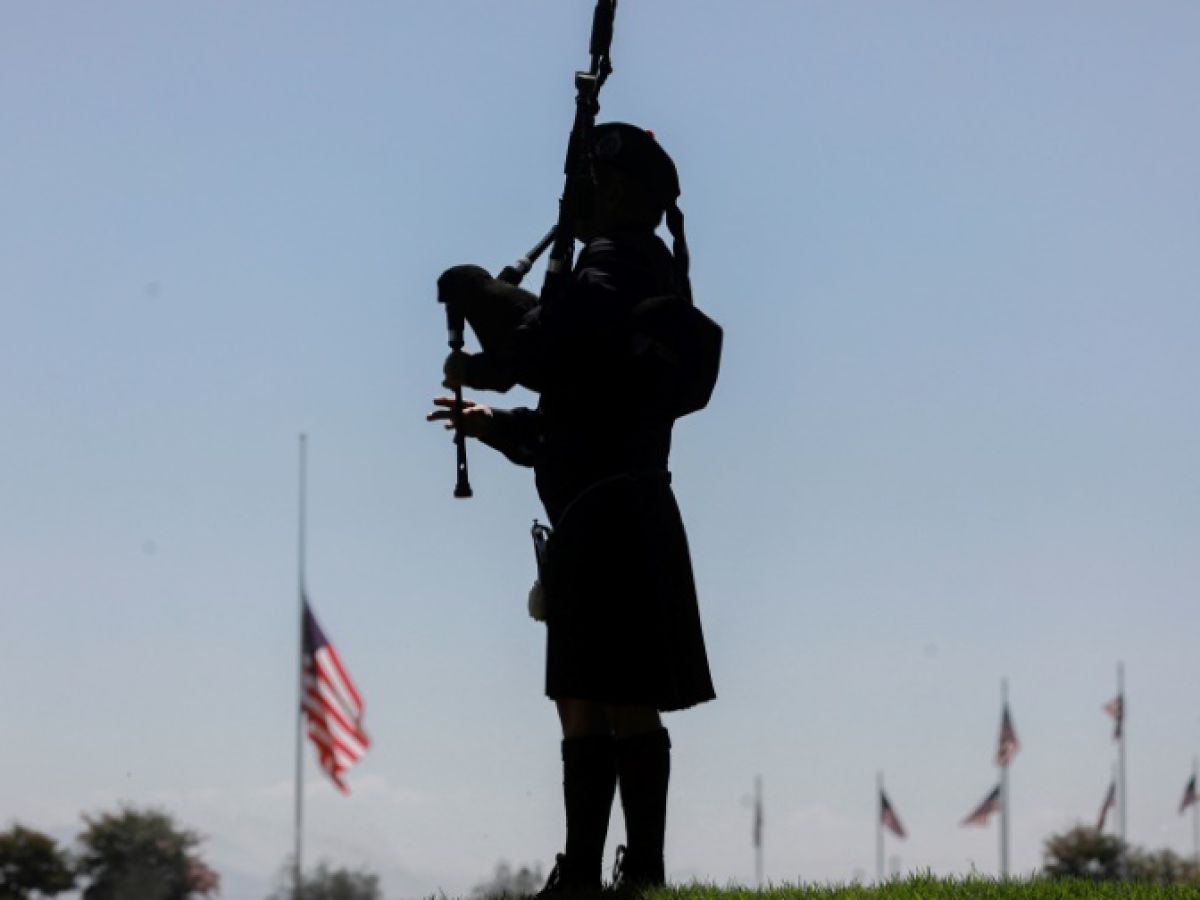In the United States, the epidemic of suicides among former military personnel is a tragically commonplace tragedy that antidepressants are failing to stem. But a documentary offers a glimmer of hope, chronicling the redemption of elite soldiers who overcame their post-traumatic stress disorder with the help of psychedelics.
“We’re not scientists, we don’t know exactly what’s happening,” Jon Shenk, co-director of “In Waves and War” with his wife, Bonni Cohen, told AFP. “But it really seems like there’s something going on.”
Available on Netflix on Monday, their documentary retraces the odyssey of three retired Navy SEALs – the American equivalent of the Marine Commandos – confronted with the invisible scars left by their multiple missions in Iraq and Afghanistan.
After years spent under enemy fire, these veterans are prisoners of another battlefield, populated by new demons: post-traumatic stress, brain injuries, depression and alcoholism.
The cocktail of antidepressants they are prescribed proves ineffective, their families no longer recognize them and they all "reach a breaking point of sorts," summarizes Bonni Cohen.
This was enough to convince them to embark on an experimental treatment in Mexico, based on two psychedelic drugs: ibogaine, extracted from an African shrub, and 5-MeO-DMT, derived from the secretions of an American toad.
– “Complete reboot” –
“It’s like a complete reboot,” Marcus Capone, the ex-soldier who serves as the linchpin of the documentary, told AFP. “It kind of takes you back to your true self, before you had any real hardships or problems in your life.”
Combined with therapy sessions, this treatment "brings hope to the desperate," says his wife, Amber Capone.

With their VETS association, the couple has taken approximately 1,200 American veterans to Mexico for treatment since 2019, thanks to these substances that are illegal in the United States and most countries around the world.
By gaining their trust, the documentary filmmakers penetrated a community where secrecy and moral rectitude are cardinal values.
Like Matty Roberts, one of the main protagonists, patients are often skeptical about the use of substances historically associated with the antics of the American counterculture.
"If this hippie nonsense helps, if it has helped my friends, then maybe I should try it," sighs the veteran on screen.
His release is all the more spectacular. Along with other patients, he is filmed in his most vulnerable moments, when the drugs cause nausea, groans, and tears.
These intimate moments are complemented by animated sequences, illustrating the veterans' inner journeys through the dark corners of their unconscious and their intimate wounds.
– “More research” –

In recent years, the therapeutic potential of psychedelic substances such as psilocybin – contained in hallucinogenic mushrooms – LSD, or MDMA, to combat certain resistant forms of depression or addictions, has provoked a renewed interest among scientists.
The documentary shows Stanford researchers intrigued by the improved mental health of veterans. But it doesn't delve into how these drugs rewire the brain, or their potential dangers – ibogaine, for example, carries cardiac risks.
"We wanted to make a moving film that captures attention," admits Bonni Cohen, noting that the studies "are just in their early stages."
The veterans, for their part, hope that their experience will help to change the regulatory framework, in order to better study these drugs.
"We need more research on all these drugs," insists Marcus Capone.
"We are not saying that we want to decriminalize these substances, legalize them, or make them available in a religious setting," adds Amber Capone, keen to avoid any "confusion."
"What we are saying is: +let's expand the data, reduce the barriers to research so that we can (...) better understand if these therapies are viable+", she adds.
This plea resonates beyond partisan lines in the United States. Oregon and Colorado, both Democratic states, recently authorized the supervised use of psilocybin, and this summer, Republican Texas passed a law to invest $50 million in public funds in ibogaine research.


